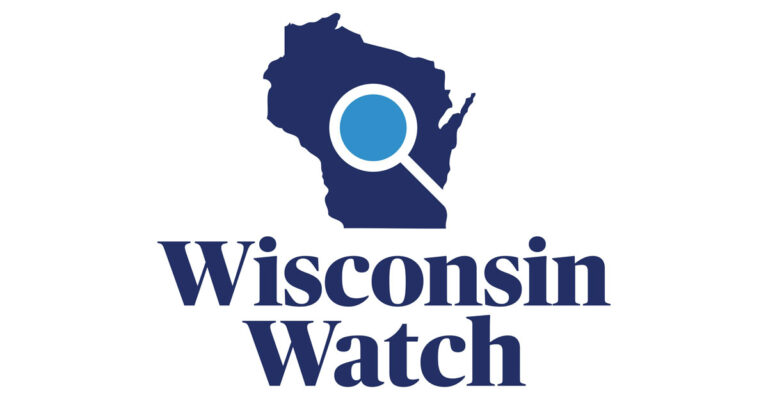Weekly Fiscal Facts are provided to Wisconsin Newspaper Association members by the Wisconsin Policy Forum, the state’s leading resource for nonpartisan state and local government research and civic education. The Wisconsin Policy Forum logo can be downloaded here.
- Download this column as a Word document
- See other WNA Member Content offerings
Metro Milwaukee compares favorably to peer metro areas in its talent pool of knowledge workers, including in science, engineering, and technology-dependent fields, but lags in key measures of entrepreneurship, including small-business creation, venture capital funding, and minority-owned businesses.
These findings come from the Wisconsin Policy Forum’s new Metro Milwaukee Innovation DataTool, an online interactive available to the public on our website. By comparing Metro Milwaukee to 10 peer metro areas on metrics tied to economic innovation, it aims to help the region assess its strengths and weaknesses in transitioning to a 21st-century knowledge-based economy.
Our findings show several strengths on which the region’s economy can build. In 2018, the Milwaukee metro area ranked second among the 11 metros included in our DataTool in its concentration of employment in jobs that typically require at least a bachelor’s degree, leading every metro except Minneapolis. Milwaukee has made progress in this measure since 2016, when it ranked fifth.
We also find Milwaukee to be competitive with its peers in its concentration of scientists and engineers, technology workers, and college-educated immigrants. Patent activity and federal grants for research and development in metro Milwaukee also have increased in recent years.
At the same time, our findings show areas where improvement is needed. The Milwaukee metro area continued its longstanding weakness in small-business creation and venture capital funding. It ranked 10th out of the 11 peer metros in small-business creation and, on a per-capita basis, trailed all peer metros for venture capital funding.
Racial disparities also continue to dampen Milwaukee’s economic prospects, with minorities being more under-represented as business owners here than in all but one peer metro, Cleveland. While 33% of metro Milwaukee’s population was non-white in 2016, only 11.9% of the region’s businesses were minority-owned.
We hope our ongoing tracking and analysis of these indicators will help economic development leaders and the broader community understand how the region is progressing and set priorities for future advancement.
This information is provided to Wisconsin Newspaper Association members as a service of the Wisconsin Policy Forum, the state’s leading resource for nonpartisan state and local government research and civic education. Learn more at wispolicyforum.org.



